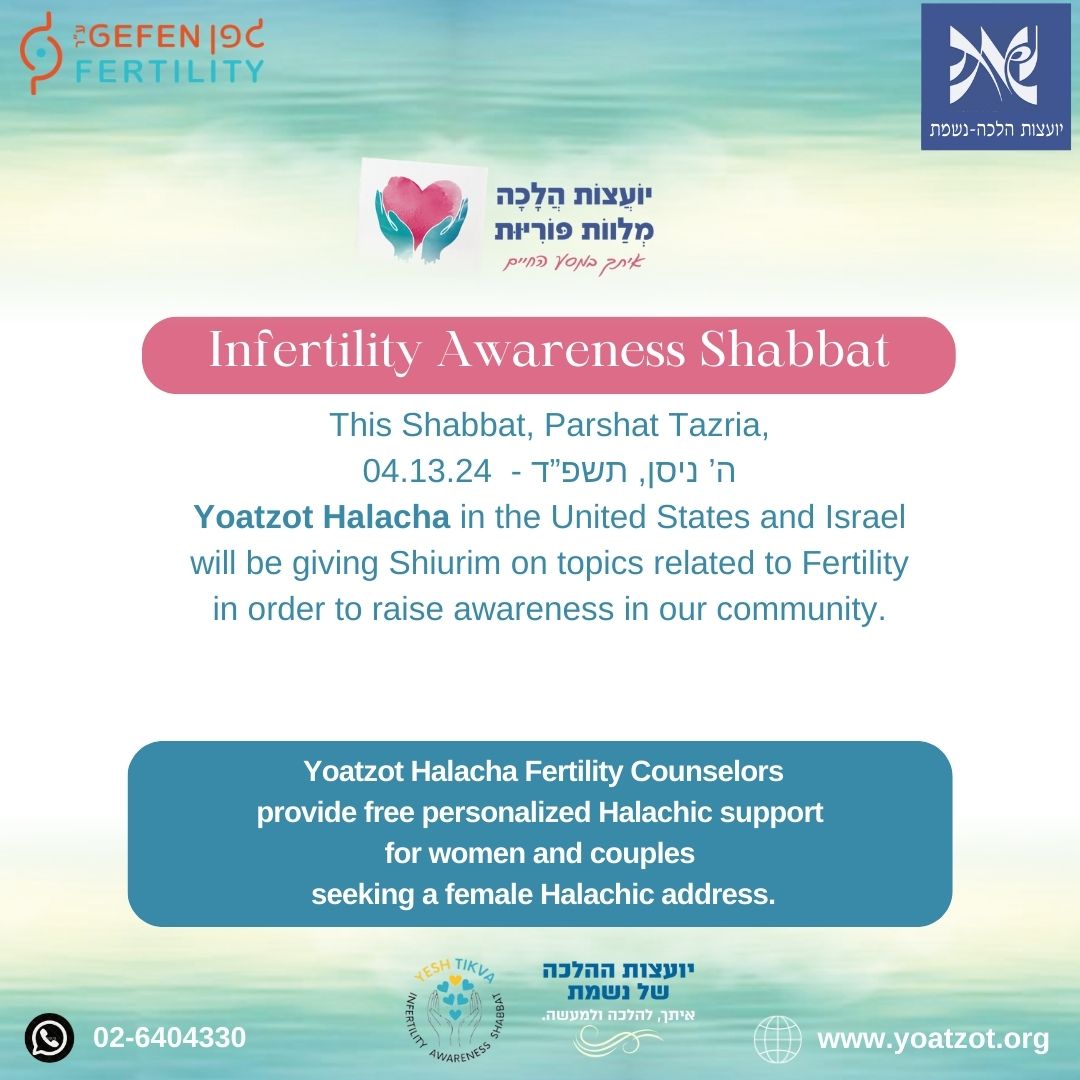Am I more moody since I started the Pill? Am I less interested in intimacy than before? Many women using hormonal contraception have asked themselves these or related questions. However, getting answers is not always simple.
On the one hand, articles suggesting significant emotional or sexual side effects of hormonal contraception are published from time to time. For example, a study published in 2016, which studied over a million women, showed that women using hormonal contraceptives – especially adolescents – were more likely to get prescriptions for antidepressants than women who weren’t. The same group published another study in 2018 showing that women using hormonal contraception were more likely to attempt suicide.
Another study, published in 2012, followed 76 women using hormonal contraception in stable committed relationships for one year. By the end of the year, 47% had stopped using hormonal contraception, and 14% had switched to another hormonal contraceptive. Women who experienced emotional and sexual side effects were the most likely to go off the Pill or to switch to a different hormonal contraceptive. The most common such complaints were emotional side effects, worsening of premenstrual syndrome, decreased frequency of sexual thoughts, and arousal difficulties.
But what happens when a woman goes to her doctor and tries to ask about her perception that using hormonal contraception is affecting her mood?
The doctor may well check the Web-based resource UpToDate – which does not mention mood or sexual side effects in its list of possible adverse effects of hormonal contraception.
The doctor may explain to the woman that the medical literature does not support a connection between mood and hormonal contraception.
And in fact, in many ways it does not. A 2016 review of 30 years of published articles on the topic concludes that, for most women, hormonal contraceptives have no effect – or even have a beneficial effect – on mood, and that adverse effects are rare. The review assures doctors that combined hormonal contraception “may be prescribed with confidence.”
What is going on here?
First of all, review articles try to compare a number of previous studies. Since different studies often use different criteria, techniques, and standards, it can be difficult to make valid comparisons.
Furthermore, mood and sexual desire cannot be measured with laboratory tests. Researchers studying these effects need to rely on subjective reports or on indirect consequences such as prescriptions for anti-depressants. Without uniform assessments, it is difficult to reach clear conclusions about who is at risk for adverse mood effects.
Interestingly, some researchers believe that simply using any form of contraception has an emotional effect – so that women may experience mood swings because they are actively avoiding pregnancy and not because of the hormones.
So what’s a woman to do?
First of all believe in yourself. You cannot deny feelings. If you are not feeling yourself or feeling unwell, talk to your health care provider.
The first step is generally to give yourself three months with a particular form of hormonal contraception. Symptoms often improve over time.
If the symptoms continue, then discuss switching to a different form of hormonal contraception. Not all pills are the same. Different dosages of estrogen, different forms of progesterone, and even scheduling may make a difference.
If different formulations are still not working for you, remember that hormonal contraception is not your only option. See our article on Choosing a Contraceptive Method for more details.
Yoetzet Halacha Dr. Deena Zimmerman is the founder and director of this website, Yoatzot.org.
December 12, 2018
————————————————-
1 Skovlund CW1, Mørch LS1, Kessing LV2, Lidegaard Ø1. Association of Hormonal Contraception with Depression. JAMA Psychiatry. 2016 Nov 1;73(11):1154-1162.
2 Skovlund CW1, Mørch LS1, Kessing LV1, Lange T1, Lidegaard Ø1Association of Hormonal Contraception with Suicide Attempts and Suicides. Am J Psychiatry. 2018 Apr 1;175(4):336-342
3 Wiebe E, Kaczorowski J.Mood and sexual side effects of hormonal contraception. Can Fam Physician. 2012 Nov; 58(11): e677–e683
4 (Schaffir J,Worly BL&, Gur TL. Combined hormonal contraception and its effects on mood: a critical review. European Journal of Contraception and Reproductive Health Care 21:347-355
5 Robinson SA1, Dowell M, Pedulla D, McCauley L. Do the emotional side-effects of hormonal contraceptives come from pharmacologic or psychological mechanisms? Med Hypotheses. 2004;63(2):268-73
















